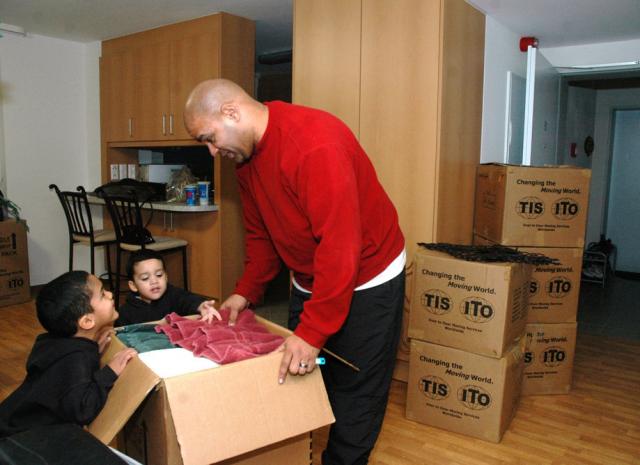Out of the forty million Americans who change residences each year, over seven million will move across state lines. Moving is stressful enough, but a long distance move presents some unique challenges. If you will be calling a different state home shortly, here are some tips and resources to make everything go as smoothly as possible.
Finding A Mover
Whether you’re choosing your destination or your move is the result of an employment relocation, finding the right moving company to transport your possessions is of utmost importance. An excellent resource is the Federal Motor Carrier Association, a division of the U.S. Department of Transportation. Its Protect Your Move website will give you up-to-date information on companies specializing in interstate moves and offers a handy checklist of what you need to do to ensure that you pick the best company for the job.
Costs vs. Service
It’s important to get written estimates from several movers before making your decision. Start by getting ballpark quotes from a handful of companies using an online tool like this site. Once you have a rough idea of moving costs, request an in-home estimate from two or three of your top company picks. A reputable moving company should come to your home and physically inspect your household goods, ensuring a reasonably accurate estimate. Remember also that you should never go strictly by price–a company may offer low rates, but often service will suffer as a result. Moving brokers, which are not moving companies but sell moving jobs to various companies, can seem inexpensive up front, but often tack on unexpected charges. The FMCSA has an informative guide which can help you spot potential problems with brokers should you choose to use one.
Finalizing and Insuring Your Move
Once you decide on a moving company, federal law requires that it provide you with the pamphlet Your Rights and Responsibilities When You Move, which outlines everything you’ll need to know regarding an interstate move, including document and liability issues. While your mover is liable for the value of the goods you have it transport, many variables come into play, such as who packs the boxes and their contents. It’s a wise idea to personally transport any valuable and delicate items for both safety and security reasons, although you can purchase additional or third party insurance to cover them if desired.
If Something Goes Wrong
While most moves are smooth and uneventful, after everything has been moved into your new home, there may be the loss of or damage to items or an additional charge that you are questioning, or perhaps a law violation that occurred during the transfer of your goods. Interstate movers are required by law to offer an outside dispute settlement program, as well as a readily available tariff outlining their accessorial charges. While the FMCSA can’t resolve claims against a mover, you can file a complaint through its website in addition to the dispute process. Disputes and claims must be filed within nine months of the move’s completion and must be in writing.
With these resources at hand, your interstate move can be worry-free and seamless, allowing you and your family to focus on your new life in your new location.



